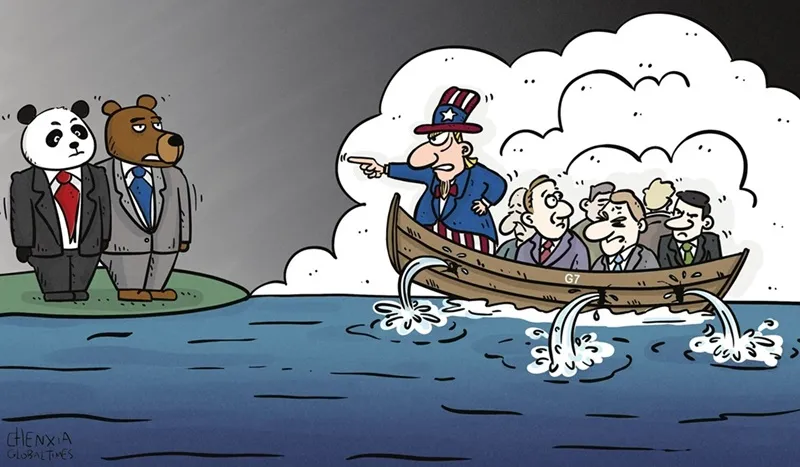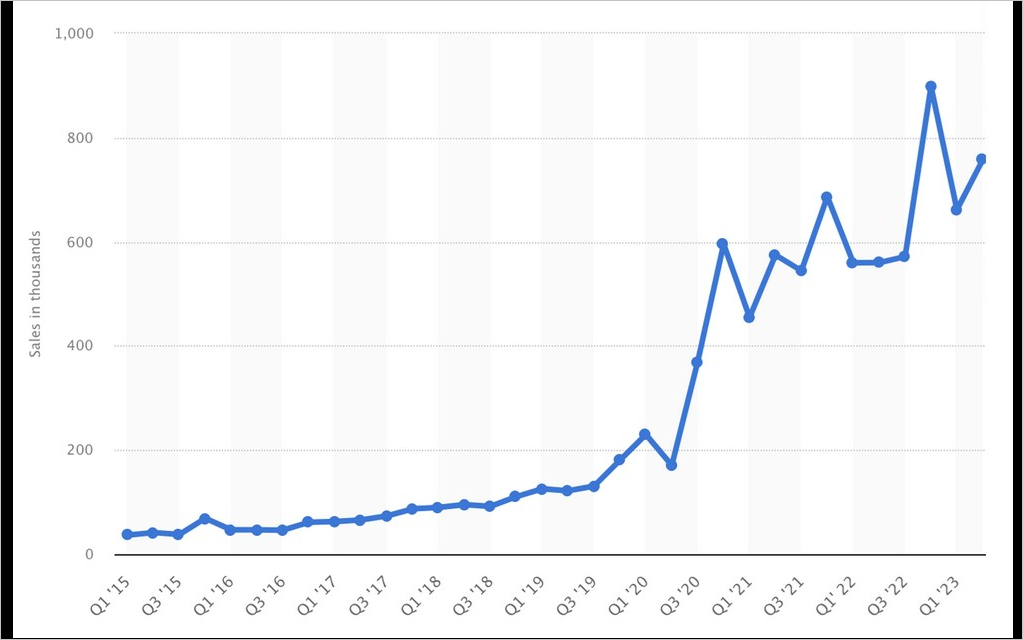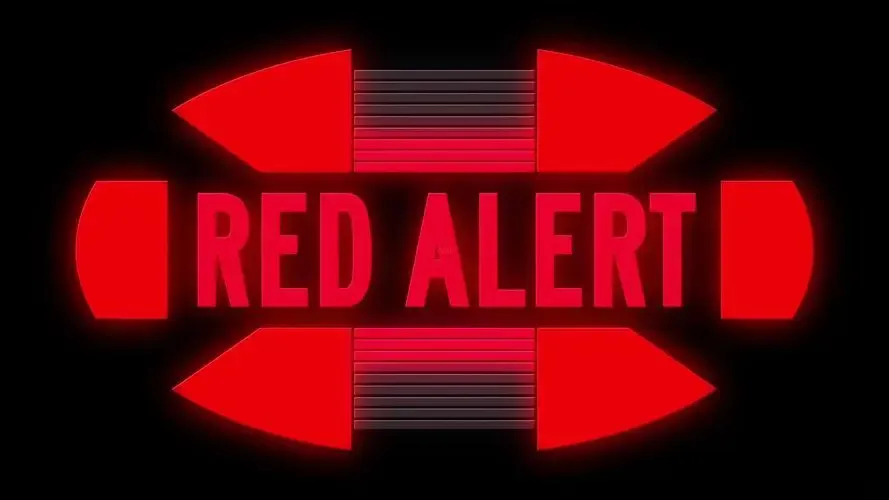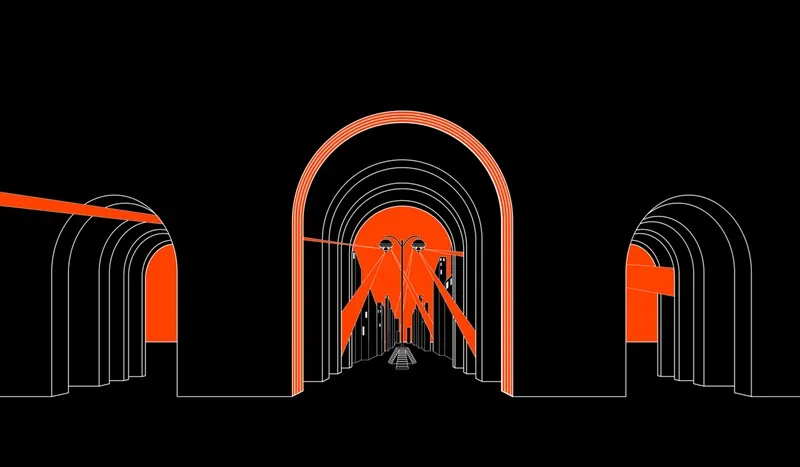The Third World War Has Been Cancelled.
Over the last month or two, the western media has been full of talk about “war” with Russia, and potentially other countries as well. For some, “World War 3” is now inevitable, for others “nuclear war” is just around the corner, for still others, because NATO and the West have agreed to transfer weapons that can theoretically strike Russia) this will inevitably “lead to full-scale war,” for still still others, the agreement signed in Pyongyang between Russia and North Korea will inevitably “lead to war”, and for yet others still, the West, and especially the US, is planning some kind of “war with China.” Here in France, serious articles have been written asking whether France will be “at war” with Russia, if the much discussed but so far not implemented proposals to send French specialists to Ukraine actually come about.










